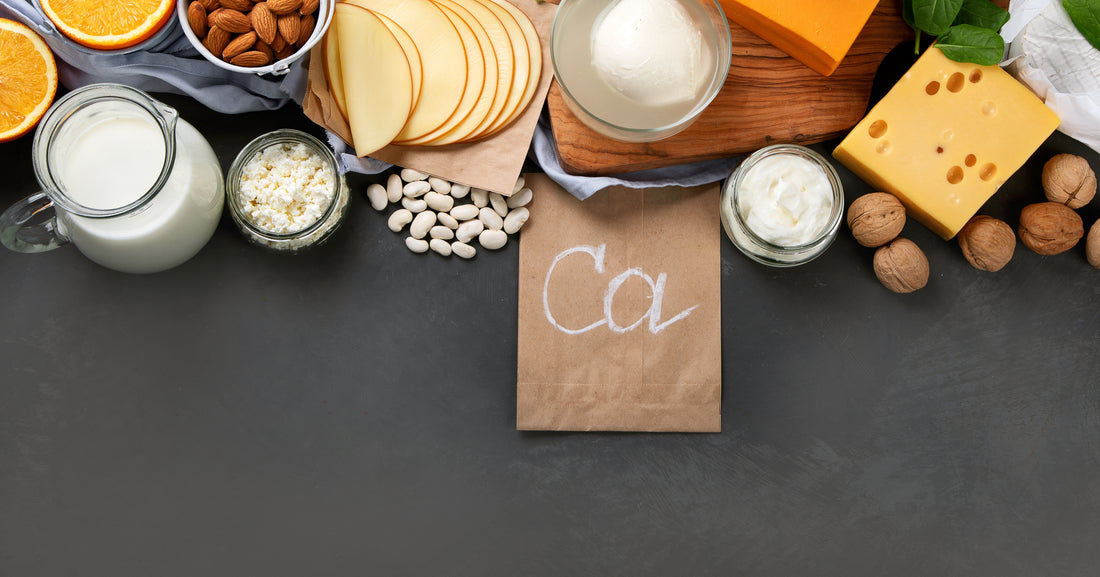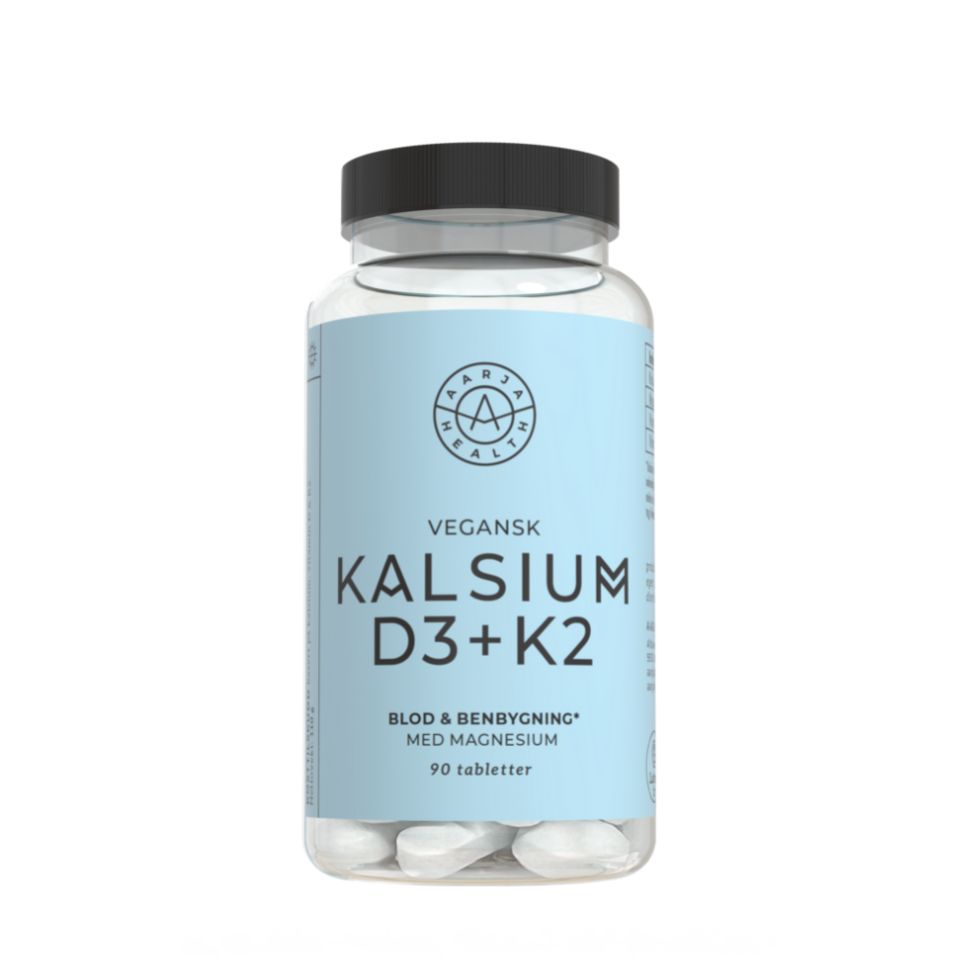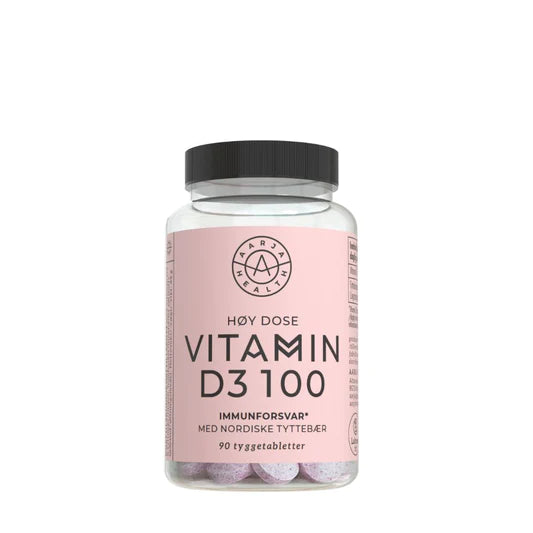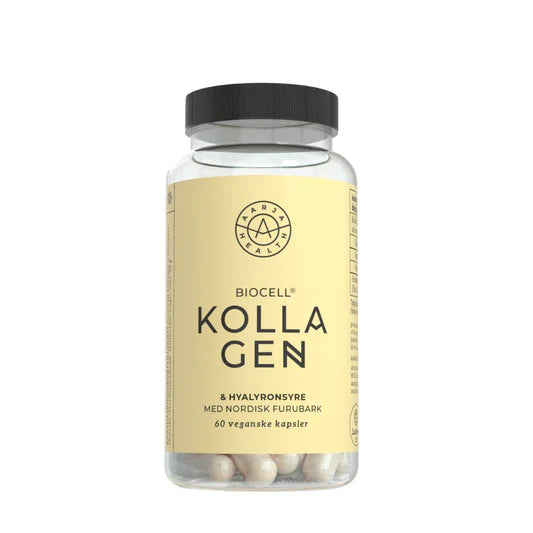
Calcium is vital!
Calcium is the most important mineral in the body and plays an important role in many functions. The bones of the skeleton contain 99 percent of the body's calcium. During infancy and childhood, calcium is needed for the development of teeth and healthy bones. This allows children to grow to their full height. In adulthood, calcium contributes to maintaining bone health.
The body does not produce calcium , so it must come from the diet or through supplements. If your diet is deficient, the body takes calcium from the bones, causing weakness and risk of bone disease.
The connection between bones and muscles
Bones and muscles work together to move the body. As the muscles grow through exercise, the bones naturally strengthen to support them. A weak muscle would not be able to support the leg. Conversely, a weak bone could be broken by a strong muscle. The body works to maintain this natural balance. Calcium thus enables your muscles to move, contract and relax. Low calcium levels can also cause muscle cramps.
Calcium has many functions in the body
Although bone health is extremely important, calcium also benefits the body in other ways. Calcium contributes to energy levels as it moves from cell to cell. It also has a role in the process of cell division. Calcium also helps move the blood around, keeping it healthy and contributing to normal blood clotting. It is also good for normal neurotransmission, allowing brain cells to communicate. In addition, calcium acts as a digestive enzyme.
Other vitamins support calcium
Calcium does not work alone. The body needs the support of vitamin D and vitamin K2 to absorb calcium and phosphorus. Try Aarja Health's ultimate calcium supplement, Calcium D3 + K2 with blueberries . Take it in the morning or evening.
Food sources of calcium
Everyone knows that dairy products are an excellent source of calcium . Which foods contain the most? The calcium in cow's milk is very well absorbed by the body. You will find 300 mg of calcium in 250 ml of skimmed milk. In addition, there are 327 mg in every 250 ml of goat's milk. If you want a dairy-free drink, look for calcium-fortified drinks, including orange juice, soy, rice and almond drinks. Generally, 250ml of these drinks also contain 300mg of calcium, but be sure to check the label.
Plain yogurt contains approximately 300 mg of calcium per 175 ml. As far as cheeses go, Parmesan cheese contains the most calcium. For every 28 grams, parmesan contains 242 mg of calcium. A general rule is that hard cheeses have more calcium than soft ones. Other hard cheeses that you should invest in are cheddar, Swiss and Gouda. Each contains 200 mg of calcium per 25 grams.
Did you know that beans are also a good source of calcium? White beans top the list with 150 mg of calcium per 184 grams. Then kidney beans and chickpeas contain 75 mg of calcium each in the same serving size.
Spinach is high in calcium, but the naturally occurring compounds called oxalates bind with calcium at the intestinal level and act to prevent our bodies from absorbing it. Instead, add other green vegetables such as kale and broccoli.
Fruit and nuts also contain some calcium. Raw figs contain 18 mg per fig, while dried figs contain 15 mg. A medium-sized orange contains 50 mg of calcium. As for berries, eat blackcurrants, blackberries and raspberries. As for nuts, almonds have 75 mg per 60 ml. Or spread almond butter on your morning toast. Just 15 ml contains 50 mg of calcium.
Calcium is vital for bones and many other important functions in the body. Remember to eat a variety of calcium-rich foods and take supplements to fill in nutritional deficiencies.
Read more and order Aarja Health calcium + D3 + K2 today!




